Social media is an ocean in terms of information sharing which has become a more important tool than the traditional ones. Globally, several countries are regularly updating their laws, policies and rules for better handling of social media. Pakistan has also adopted some approaches to deal with it. These approaches actually ensure that the rights of people are protected, decency in communication is ensured as well as disinformation and misinformation can be mitigated.
Prevention of Electronic Crime Act, 2016 (PECA)
“Prevention of Electronic Crime Act, 2016 (PECA)” was promulgated with an objective to prevent unauthorized acts with respect to information systems. The overall scope of the legislation addresses the offences related to unlawful online content data that includes publication of hate speech, acts to incite violence, cyber terrorism, pornography, and other offences against modesty and dignity of natural person.
Under PECA, Pakistan Telecommunication Authority (PTA) was empowered to remove, block or issue directions to regulate access to an information system that hosts content deemed repugnant to the following:
- Glory of Islam
- Integrity, security, or defense of Pakistan
- Public order
- Decency
- Morality
PECA mandated the PTA to devise “Rules” duly approved by the Federal Government to regulate any unlawful content, but no such rules were framed until the Islamabad High Court declared blocking of a political party’s website as unlawful in the absence of a transparent mechanism and process. On the directions of the Islamabad High Court, the Federal Government devised “Removal and Blocking of Unlawful Online Content (Procedure, Oversight, and Safeguards) Rules, 2021” which are commonly known as the Social Media Rules (SMR).
What are Social Media Rules under PECA?
SMR provide procedure and mechanism to block unlawful online content under the categories mandated by PECA. The salient features are as following:
- The Rules introduce a complaint handling process for removal and blocking of unlawful content that apply on social media companies
- Any company with more than 0.5 million users are deemed a “Significant” entity and are obligated to register with PTA within 3 months of issuance of the Rules
- Significant Social Media companies must appoint compliance and grievance officers based in Pakistan and establish an office in the country
- Any person or a state department aggrieved by online content can file a complaint to PTA for removal and blocking of that content
- PTA must decide on the complaint within a period of 30 days, and is empowered to take notice of and issue directions to platform owners
- Social media companies must remove any unlawful content or block access within 12-48 hours after issuance of instructions by PTA
- PTA is empowered to impose a penalty of PKR 500 million on a social media company if the latter fail to implement the directions of PTA within the stipulated time
This is a huge regulatory structure and contains several rules, requirements and penalties or restrictions. However, no major Significant Social Media Company (SSMC) registered themselves with any authority in Pakistan. It is creating a significant challenge for the country.
Social Media Regulations in India
While electronic media in India is regulated by the Cable Television Networks (Regulation) Act of 1995, there was no law or body to oversee digital content. In 2018, fake information that was circulated on WhatsApp led to the lynching of five men in Maharashtra and there were many such instances. Resultantly, the Supreme Court of India had expressed the need to regulate social media to curb fake news, defamation, and trolling. Government was directed to come up with guidelines to prevent misuse of social media which resulted in promulgation of Intermediary Guidelines and Digital Media Ethics Code, Rules 2021 to regulate the digital content on both digital media and Over the Top (OTT) platforms, while giving overriding powers to the government to step in.
Social Media Regulations in Bangladesh
On February 3, 2022, the Bangladesh Telecommunication Regulatory Commission (BTRC) published the first draft of the ‘Bangladesh Telecommunication Regulatory Commission Regulation for Digital, Social Media and OTT Platforms, 2021’ (hereafter, the ‘draft Regulation’). The BTRC, empowered under the Bangladesh Telecommunication Regulation Act, 2001, introduced it to govern online content to protect end users and vulnerable groups, including women and children; prevent fraud and threats to public tranquility and sovereignty; and discourage piracy and obscenity.
Why Pakistan needs to regulate Social Media?
As we observe, a number of countries have adopted regulatory frameworks for social media to ensure protection of their people against any harm through online activities, it is equally necessary for Pakistan to regulate social media. However, it must be observed that Article 19 of Constitution of Pakistan protects Freedom of Speech. Thus, the laws must be compliant in this regard.
Also Read: What are the new Social Media Rules in Pakistan?
The current government has adopted a strong approach to protect these freedoms. The Prime Minister office vide its notification dated 23 June 2022 has reconstituted National Social Media Coordination Working Group (NSMCWG) under the chairmanship of Law Minister with the mandate to review PECA along with Rules 2021 and come up with recommendations to bring the said Act and Rules in conformity with Constitution of Pakistan and existing laws.

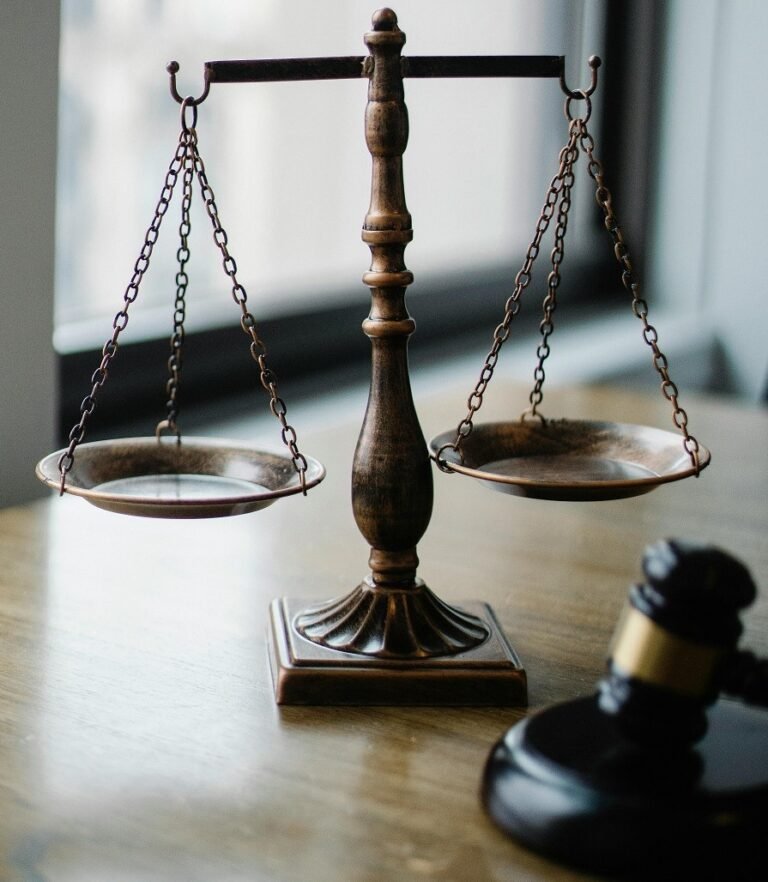
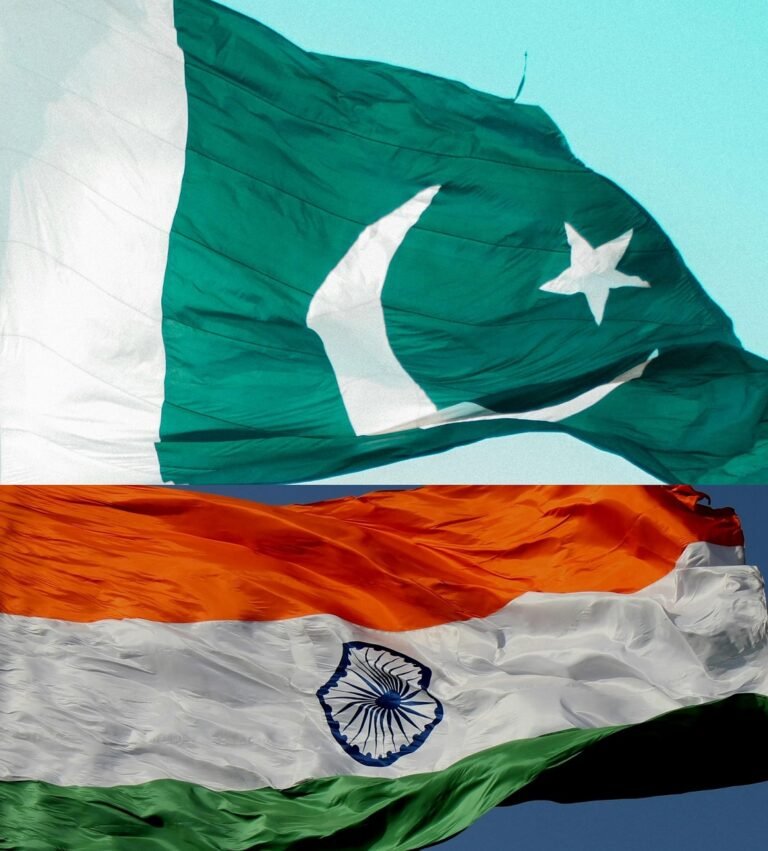
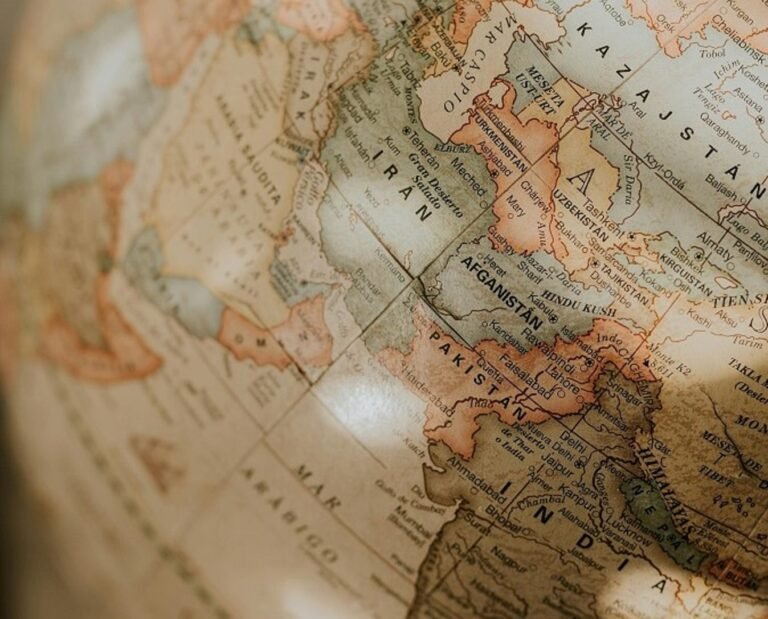
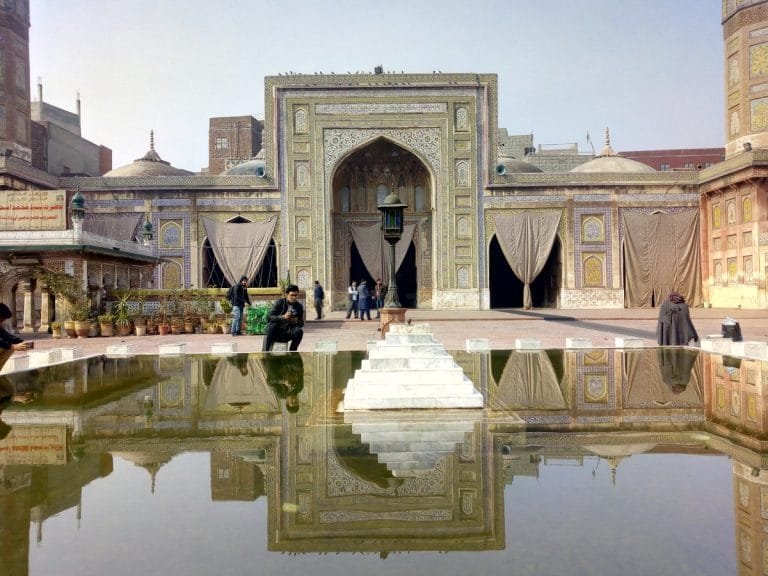
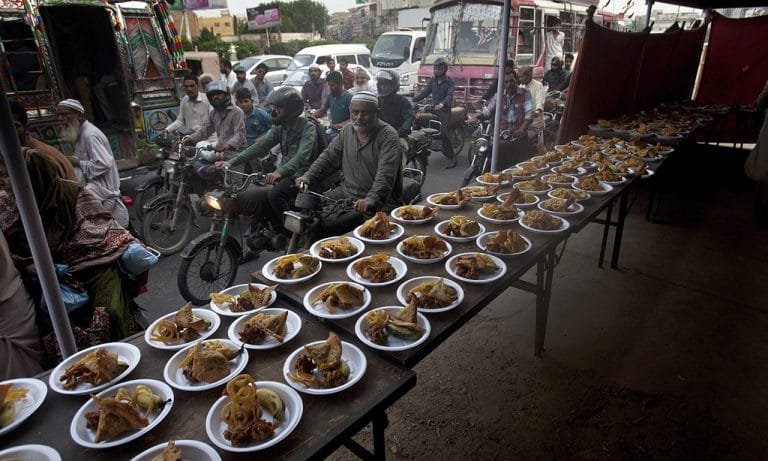
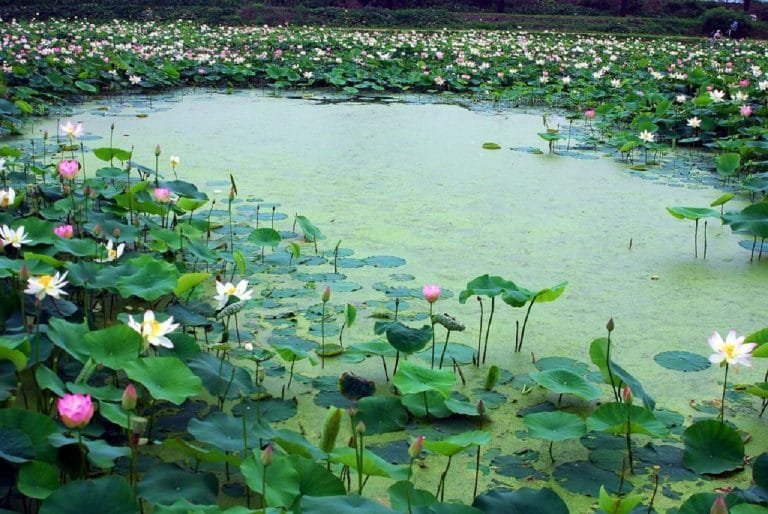
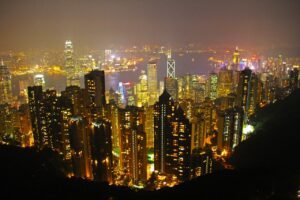

One thought on “Why Pakistan needs to regulate Social Media?”
Comments are closed.